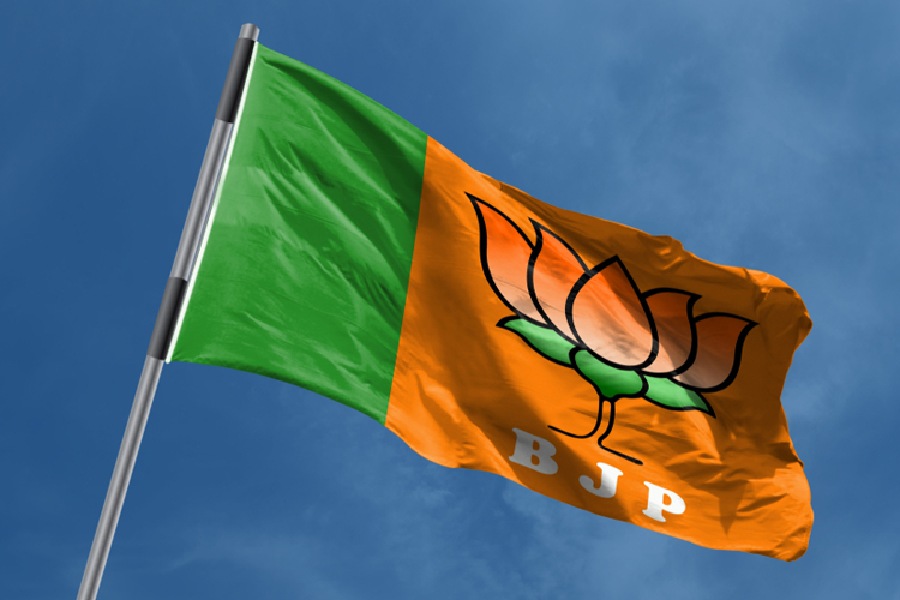The divisive issue of statehood or greater autonomy for Bengal’s hills has been revived, once again, as elections approach the state, with the Centre appointing Pankaj Kumar Singh, a former deputy national security adviser, as an interlocutor. A large part of the Bharatiya Janata Party’s electoral success in Darjeeling — the BJP has won this Lok Sabha seat since 2009 — can be attributed to the party’s pledge to find a permanent political solution for the region and accord tribal status to the Gorkha communities. The BJP is yet to fulfil these two promises; yet, this time, it has thrown Dooars and Terai into the mix even though it is not really evident what the issues are in these two stretches. But the delay in the BJP keeping its word on a permanent political resolution cannot be dismissed as a simple case of yet another promise being broken in the field of electoral politics. This is truly a knotty issue. Bengal, which has borne the brunt of geographical partitions, is particularly sensitive to such territorial realignments. Statehood for the hills would certainly bring a huge electoral blowback against the BJP from the rest of Bengal. A party seeking to win Bengal cannot afford such a consequence. On the other hand, reneging on its promises could also alienate the BJP from its support base in the region. That perhaps explains the BJP’s reliance on periodic optics: the Bharatiya Gorkha Prajatantrik Morcha, which runs the Gorkhaland Territorial Administration and is an ally of the ruling Trinamool Congress, has dismissed Mr Singh’s appointment as an eyewash.
The chief minister, Mamata Banerjee, has sent a stern response to the prime minister, demanding the revocation of the Centre’s appointment of an interlocutor that she described as an unilateral move. Indeed, a way out of the impasses cannot be found by keeping the Bengal government on the margins of engagement. But the bigger concern for the TMC is its inability to deepen its electoral imprint in the hills where it is not the obvious choice of the people. To do this, it has to shun what all parties, the BJP and the TMC included, love to indulge in: populism. Years of alienation and underdevelopment have led to a justified sense of disgruntlement — economic, political and cultural — among the people. That alienation must be addressed.










